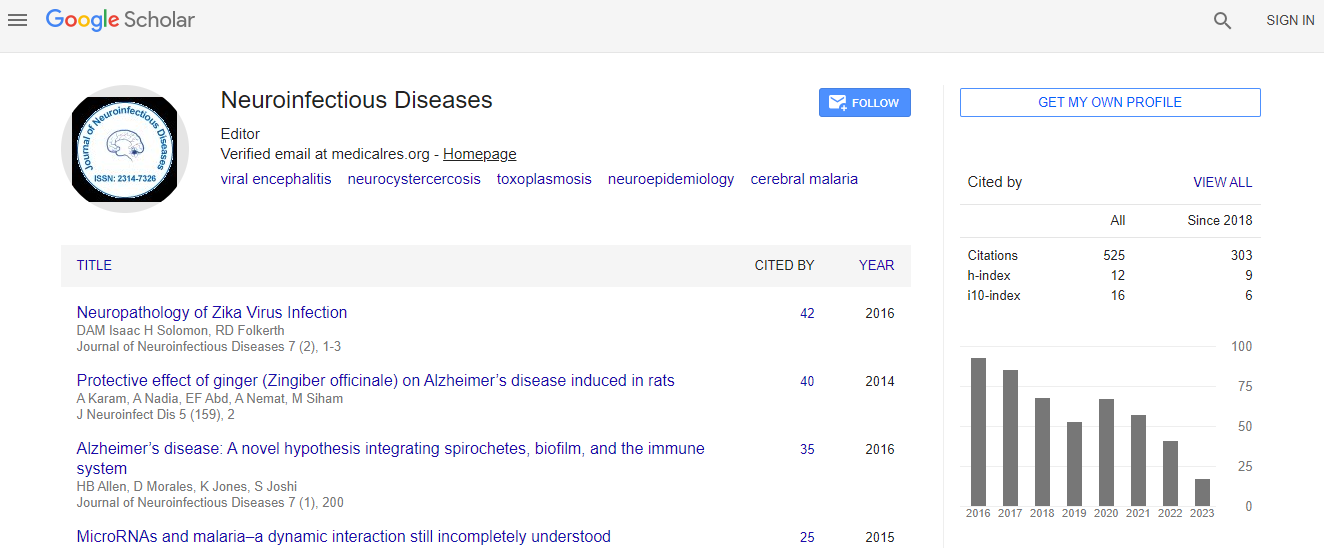Case Report
Mild Encephalitis/Encephalopathy with a Reversible Splenial Lesion Due to Respiratory Syncytial Virus: Case Report
Sinda Makhloufi*, Mariem Messelmani, Ines Bedoui, Malek Mansour, Jamel Zaouali and Ridha Mrissa
Department of Neurology, Military Hospital of Tunis, Tunis, Tunisia
- *Corresponding Author:
- Sinda Makhloufi
Department of Neurology Military
Hospital of Tunis, Tunis, Tunisia
Tel: +21671391133
E-mail: sinda.makhlouf@yahoo.fr
Received date: May 02, 2017; Accepted date: May 16, 2017; Published date: May 20, 2017
Citation: Makhloufi S, Messelmani M, Bedoui I, Mansour M, Zaouali J, et al. (2017) Mild Encephalitis/Encephalopathy with a Reversible Splenial Lesion Due to Respiratory Syncytial Virus: Case Report. J Neuroinfect Dis 8: 249. doi:10.4172/2314-7326.1000249
Copyright: © 2017 Makhloufi S, et al. This is an open-access article distributed under the terms of the creative commons attribution license, which permits unrestricted use, distribution, and reproduction in any medium, provided the original author and source are credited.
Abstract
Mild encephalitis/encephalopathy with a reversible splenial lesion (MERS) is a rare clinico-radiological entity, which is characterized by transient abnormalities in the splenium of the corpus callosum (SCC) associated with mild central nervous system (CNS) symptoms. MERS is often described in children, unlike in adults, which is rare. Its etiologies are variable, dominated by infectious causes. Its reversibility and favorable prognosis make all the particularity of this syndrome.

 Spanish
Spanish  Chinese
Chinese  Russian
Russian  German
German  French
French  Japanese
Japanese  Portuguese
Portuguese  Hindi
Hindi 
